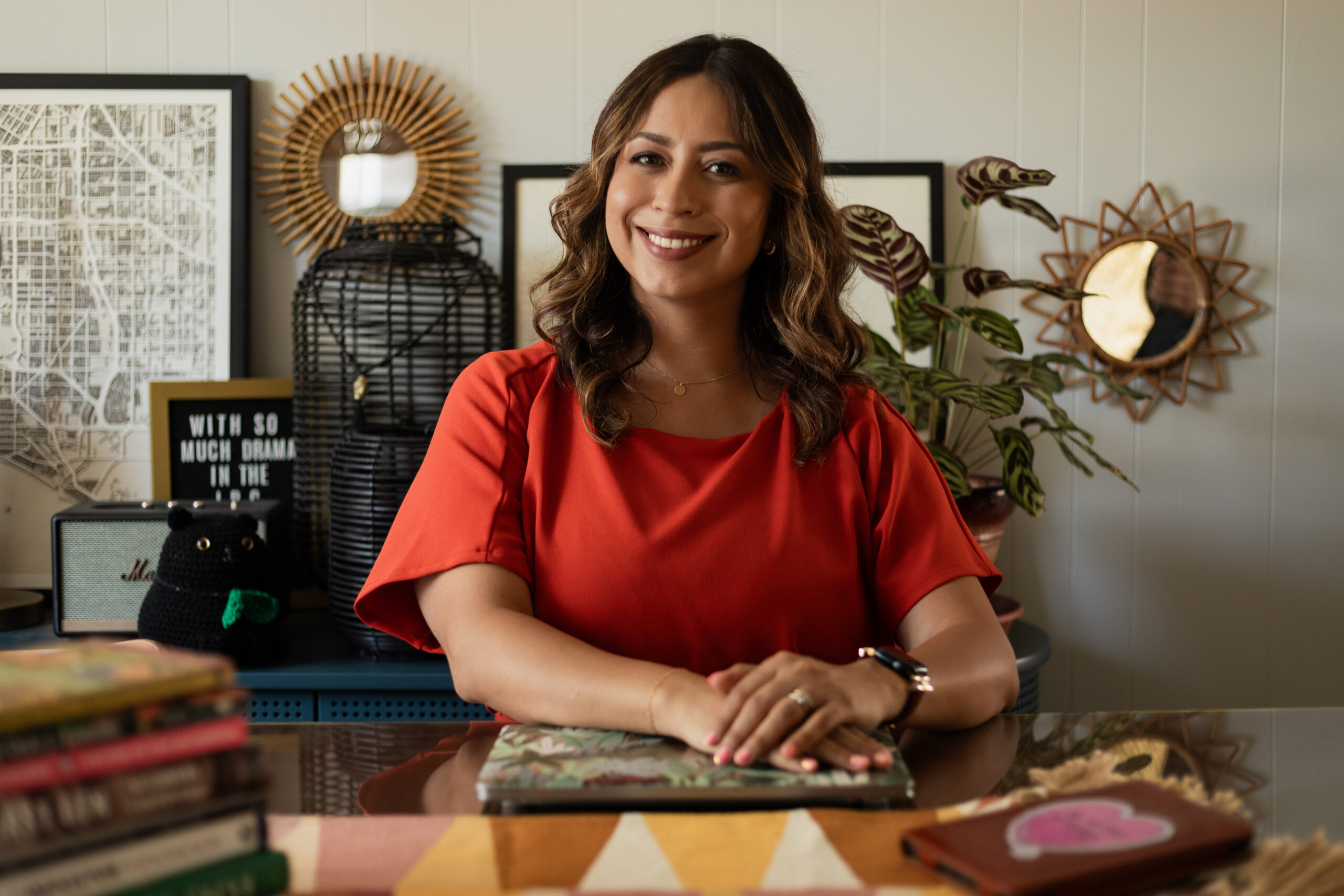I did not understand the importance of having conversations about care through the end of life until I experienced my first loss, the passing of my maternal abuelita in 2016. There is much I don’t remember from her time in the hospital, but I do recall my mother and her siblings being in distress, struggling to figure out the best decisions to make. They wanted to honor my abuelita’s wishes, but they were unclear about what those wishes were. It was not something they had ever talked about before.
As the eldest daughter of hardworking immigrants from Mexico and El Salvador, I was used to stepping in to help; I always helped my family navigate challenges. However, I was lost, both in my grief and in my lack of knowledge about the process. I sought advice online and asked for as much help as I could, but I was overwhelmed and distressed. My family made decisions for my grandmother by honoring what we believed were her wishes and following the traditions we had always observed.
As a psychologist, I often examine patterns of behavior, many of which are inherited from our family members. Some of these patterns were helpful in the past, but I have come to realize that just because something has been done a certain way for a long time, it doesn’t mean it should always continue that way—especially when it comes to having conversations about our beliefs, wants, and needs for care through the end of life.
While conversations about care through the end of life and people’s wishes may seem daunting and overwhelming, they can actually help bring us closer together. After my grandmother passed, my mom started making her own arrangements for her care through the end of her life. She had felt the pain, grief, and confusion following my grandmother’s passing, and as a mother, she wanted to protect her family from experiencing the same uncertainty. Her proactive approach led us to have more conversations about her wishes, which made me realize how important it is to normalize these discussions so that we feel more prepared for the future, rather than having them in response to grief.
My mom’s decision to start making her own arrangements prompted me to think about what I would want for myself. I began considering my own preferences, which helped remove some of the taboo and fear around the topic. I wish I had known about resources that provide tools to guide these conversations earlier, but I’m grateful to have them now to gain better insight into what I would like and to better prepare my loved ones.
In cultures where passive communication is the norm, having these direct conversations can be challenging and uncomfortable. However, it’s important to remember that the purpose of these discussions is to bring us closer together. These conversations come from a desire to honor and respect our cultural values. While we want to have these conversations with those we serve as or anticipate being caregivers for, they also give us the opportunity to reflect on what we want for ourselves and to articulate our own wishes.
One way to start these conversations is by using icebreakers or questions that make the discussion feel less daunting. Here are a few suggestions:
- “I’ve been thinking about what I want for myself in the future, and it made me curious—have you ever thought about what kind of care you’d want if you could not make decisions for youself?”
- “Are there any specific traditions or rituals that are important to you that you’d like to continue or have honored in the future?”
- “What are the most important things for your friends, family, and health care team to understand about what matters most to you through the end of life?”
These questions can gently open up the dialogue and provide a starting point for deeper conversations. For those in cultures where passive communication is the norm, it can be helpful to frame these discussions as acts of love and respect, ensuring that everyone’s wishes are honored. You might start by sharing your own thoughts and then inviting others to share theirs, emphasizing that these conversations are about understanding and support.
It is hard to know where to start, but there are resources and tools to help with that. The Conversation Project has created many free guides in English, Spanish, Portuguese, and Chinese to help discuss how someone wants to live through the end of their life. Reflecting on my personal experience, I wish we had resources like these when I was younger and that we had been able to normalize these conversations. I don’t think it would have made the grief I experienced easier, but I would have felt comforted in knowing that the steps I was taking were in fact what my grandmother wanted.
By having these conversations, we can ensure that our loved ones’ wishes are honored and that we are prepared for whatever the future holds.
Dr. Lisette Sanchez is a bilingual and bicultural psychologist, celebrated speaker, and insightful writer. She founded Calathea Wellness, a virtual platform offering therapy, freelance writing, consultation, and speaking services. Raised in Southern California by Salvadoran and Mexican immigrants, Dr. Lisette is dedicated to supporting BIPOC and first-generation professionals, specializing in healing intergenerational trauma, combating the impostor phenomenon, and embracing bicultural identity. Her work has been featured in the Los Angeles Times, HuffPost, Refinery29, Telemundo, Univision, and more. She leads mental health workshops for Fortune 500 companies and universities worldwide, advancing their DEIB efforts. Dr. Lisette holds degrees from UC San Diego, Columbia University, and the University of Oregon

